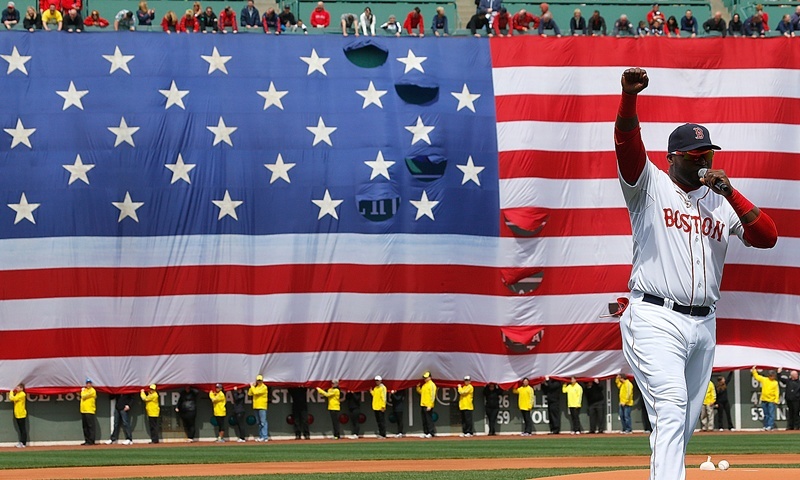One of the difficulties of writing about games is the obvious, inherent triviality of it all.
Yes, sport and teams and the loyalties attached play a huge part in people’s lives. The end of the current football season will no doubt result in TV cameras panning the stands in search of fans in floods of tears as their teams get relegated or miss out on promotion by some last-second defensive calamity. The producer is attempting to convince us: ‘Look! This really DOES matter’.
That crying person will probably be at work or school on Monday, though. And even in the case of situations like that presently involving Dunfermline, Pars fans largely know that their club, even if liquidated, will spring up somewhere in another guise for them to follow.
‘Tragedy’ is a word used far too often in British sport for mere defeat or untimely injury, even after the real sports-related tragedies of Bradford, Heysel and Hillsborough should have ring-fenced the use of that word forever.
When confronted by real tragedy, outside its confines, sport in Britain doesn’t quite know where to put itself. Unlike in America, as proven again by the Boston Marathon bombings last week.
On Saturday the Boston Red Sox returned to the city for the first time since the bombings and the lockdown. They’d been on the road since the day of the Marathon and were due to play on Friday, but it had been postponed because of the manhunt just a couple of miles away.
Back at their beloved cranky home of Fenway Park in the heart of town, the Sox simply assumed themselves to be the rallying point for the city and embraced the role.
Saturday’s game against Kansas City was a memorial, but it was also a no-holds-barred celebration. The “Boston Strong” logo, featuring the bold ‘B’ on the Red Sox cap, was plastered everywhere, as were the Stars and Stripes.
David “Big Papi” Ortiz, their star player, was coincidentally returning from injury and gave a stirring if slightly profane speech of defiance which is probably going viral as we speak.
https://youtube.com/watch?v=1NttSTenyEk%3Frel%3D0
The British reaction to this outpouring of unabashed, ostentatious emotion might be to think it’s a little distasteful. But that is to misunderstand the central place of the Sox in Boston and New England culture.
As NFL guru Peter King also a New Englander points out, the region is sports mad. They love the football Patriots, their basketball Celtics and the ice hockey Bruins.
But, he adds, there is a ceaseless, obsessive, 24/7 demand for information in New England about the Red Sox that simply won’t be sated.
The Sox, even though the other city teams have been far more successful in their respective sports, represent and even define their community in a way I don’t see any sports team in Europe do, with the possible exception of FC Barcelona.
There was really no other place in Boston better to shout a city’s defiance and start the rebuilding than Fenway Park.
Saturday was just another of the 162 games the Sox will play in baseball’s gruelling season, but for once sport truly was a whole lot more than just a game.
